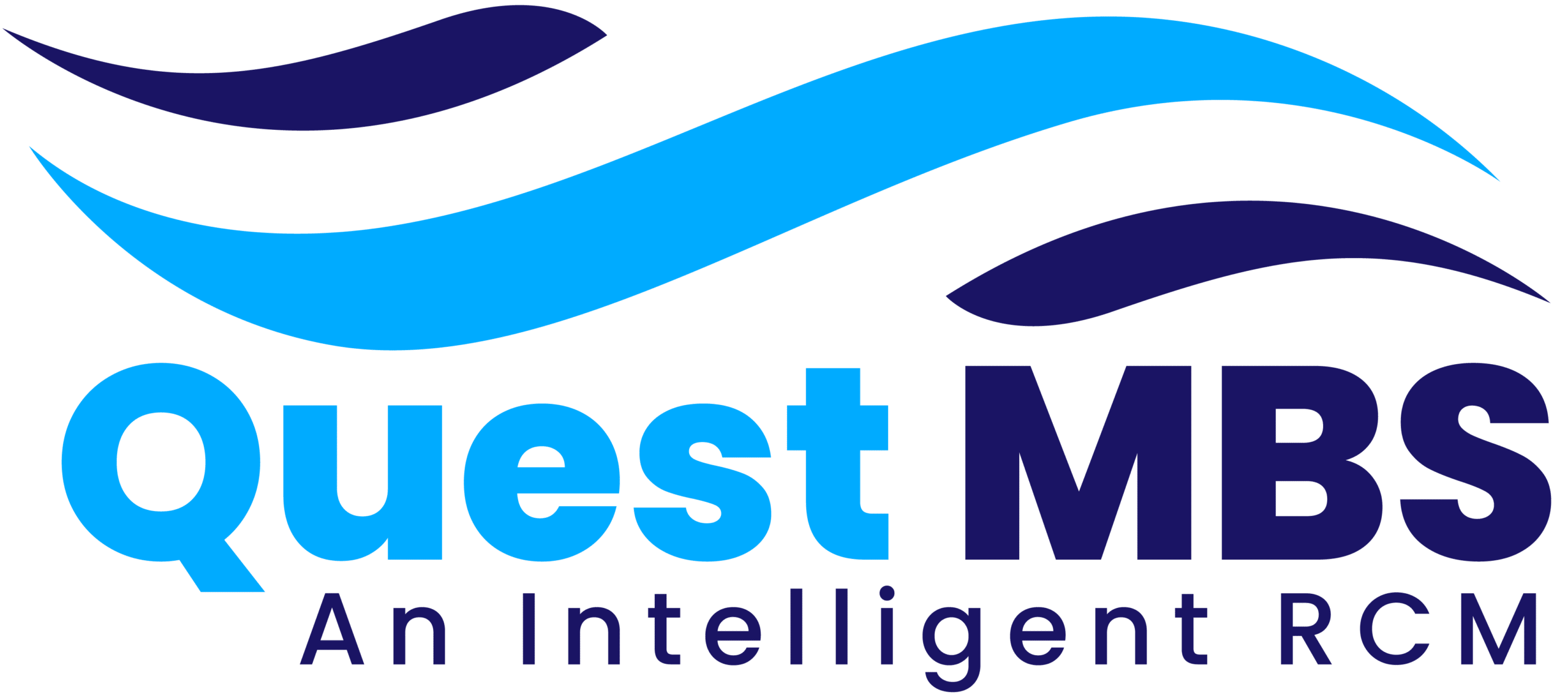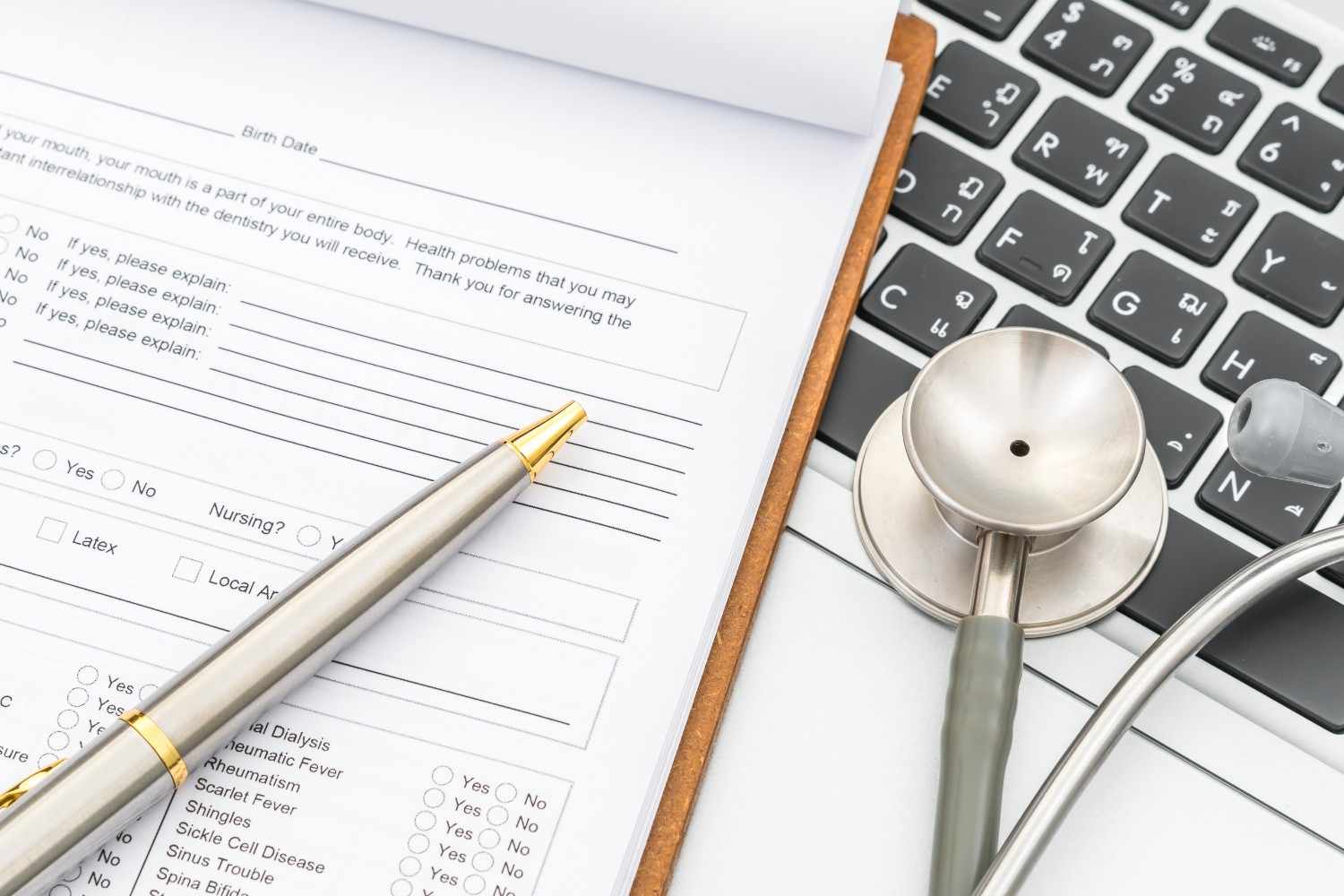Introduction:
Medical billing is an essential component of the healthcare system, ensuring that providers receive payment for the services they render. However, ethical billing practices are critical in maintaining trust, compliance, and financial integrity in the industry. Unethical billing practices—whether intentional or accidental—can lead to fraud allegations, legal penalties, and damage to a provider’s reputation.
Understanding the ethics of medical billing helps healthcare professionals, billing staff, and medical administrators avoid fraudulent practices, billing errors, and patient exploitation. This article explores the do’s and don’ts of medical billing to promote transparency, compliance, and ethical responsibility.
The Importance of Ethics in Medical Billing:
Medical billing ethics revolve around honesty, accuracy, and fairness in financial transactions between healthcare providers, insurance companies, and patients. Ethical billing ensures:
✔ Compliance with laws and regulations (e.g., HIPAA, False Claims Act).
✔ Protection of patient rights by preventing overbilling and financial exploitation.
✔ Trust between patients, providers, and insurers.
✔ Avoidance of fraud penalties and legal consequences.
Unethical billing can lead to severe consequences, including fines, criminal charges, and loss of medical licenses. Therefore, providers must adopt transparent and honest billing practices.
Do’s of Ethical Medical Billing:
1. Ensure Accuracy in Medical Coding and Documentation
Accurate coding is essential to ensure correct reimbursements and avoid legal issues.
✔ Use the correct ICD-10, CPT, and HCPCS codes for diagnoses and procedures.
✔ Ensure complete and accurate patient records to justify claims.
✔ Train billing staff on updated coding guidelines to prevent errors.
Example: A provider codes a routine check-up as a complex procedure to receive higher reimbursement—this is unethical and could lead to fraud charges.
2. Follow HIPAA Compliance for Patient Confidentiality
Billing involves handling sensitive patient information, making it essential to protect patient privacy.
✔ Encrypt and secure patient billing data.
✔ Share billing information only with authorized personnel.
✔ Train staff on HIPAA regulations to prevent data breaches.
Example: A billing employee shares a patient’s medical and billing details with an unauthorized third party, violating HIPAA privacy rules.
3. Provide Transparent Billing Statements to Patients
Patients have the right to understand their medical bills.
✔ Break down medical charges clearly (e.g., consultation fees, lab tests, procedures).
✔ Explain insurance coverage and out-of-pocket costs to patients.
✔ Offer itemized billing statements upon request.
Example: A patient receives a bill with unexplained charges. Providing a clear itemized statement prevents confusion and builds trust.
4. Obtain Proper Patient Consent for Procedures and Billing
Billing patients for procedures they did not authorize is unethical.
✔ Discuss costs with patients before performing procedures.
✔ Ensure patients sign consent forms for treatments and billing.
✔ Explain financial responsibility if insurance does not cover certain procedures.
Example: A provider performs an expensive test without informing the patient. The patient later receives a high bill, leading to disputes and loss of trust.
5. Bill Only for Medically Necessary Services
Providers should only bill for services that are medically justified.
✔ Ensure services are medically necessary according to insurance policies.
✔ Document the medical necessity in patient records.
✔ Avoid unnecessary tests or procedures to increase billing.
Example: A doctor orders unnecessary lab tests to maximize insurance payments, violating medical ethics and insurance policies.
6. Train Staff on Ethical Billing Practices
Regular training ensures billing staff follows ethical and legal standards.
✔ Educate staff on insurance policies, compliance laws, and fraud prevention.
✔ Conduct routine audits to identify and correct billing errors.
✔ Encourage staff to report unethical billing practices.
Example: A billing department implements quarterly training on fraud prevention, reducing billing errors by 30%.
Don’ts of Medical Billing Ethics:
1. Don’t Engage in Upcoding or Overbilling
Upcoding occurs when providers bill for more expensive services than were performed.
Example of Upcoding:
- Billing a simple wound dressing as a complex surgical procedure.
- Reporting a 30-minute consultation as a 60-minute session.
Why is it unethical?
- Violates the False Claims Act.
- Leads to financial penalties and criminal charges.
- Increases healthcare costs for patients and insurers.
2. Don’t Commit Unbundling Fraud
Unbundling occurs when providers separate procedures that should be billed together to increase reimbursement.
Example of Unbundling:
- Billing a surgical procedure and anesthesia separately, even though they are covered under a single code.
Why is it unethical?
- Violates insurance policies and can trigger audits.
- Patients and payers get charged more than necessary.
3. Don’t Bill for Services Not Provided (Phantom Billing)
Billing for services that were never performed is fraudulent.
Example of Phantom Billing:
- Charging for an X-ray that was never conducted.
- Submitting claims for appointments that never happened.
Why is it unethical?
- Considered healthcare fraud and punishable by law.
- Leads to patient distrust and financial penalties.
4. Don’t Waive Co-Payments and Deductibles Without Justification
Providers must not routinely waive patient co-pays or deductibles without proper cause.
Why is this unethical?
- Considered insurance fraud since insurers require patients to share costs.
- May lead to loss of network agreements with insurers.
Acceptable Exceptions:
- Financial hardship cases (documented and approved).
- Participation in charity care programs.
5. Don’t Misuse Modifier Codes
Modifiers clarify billing codes but should not be used to manipulate reimbursements.
Example of Modifier Abuse:
- Using modifier 59 to unbundle procedures that should be billed together.
- Adding modifiers to bypass insurance payment limits.
Why is it unethical?
- Violates billing compliance regulations.
- Can trigger insurance audits and financial penalties.
6. Don’t Ignore Denied Claims
Ignoring denied claims can result in lost revenue and compliance issues.
Instead, do this:
- Analyze denial reasons and correct billing errors.
- Resubmit claims with proper documentation.
- Track and appeal incorrect denials promptly.
Example: A hospital automates denial management, reducing rejections by 25%.
Conclusion:
Ethical medical billing is essential to maintain trust, financial integrity, and regulatory compliance in healthcare. By following transparent billing practices, coding accurately, and ensuring patient consent, providers can prevent fraud, avoid legal issues, and enhance patient satisfaction.
Key Takeaways:
DO: Ensure accuracy, transparency, compliance, and patient consent.
DON’T: Upcode, unbundle, bill for unperformed services, or misuse modifiers.
By committing to ethical billing standards, healthcare providers protect their reputation, improve patient relationships, and ensure long-term financial sustainability.







